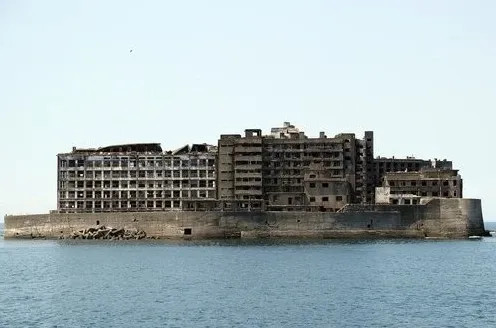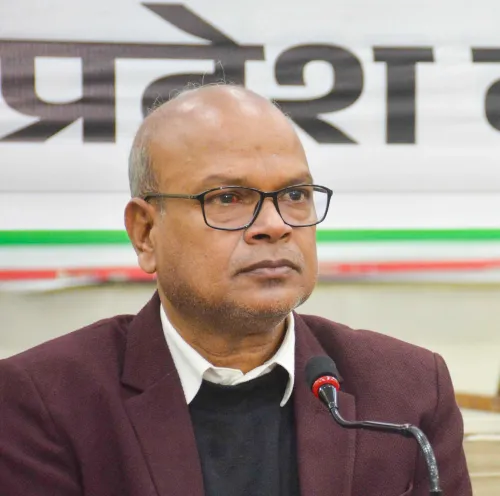Did UNESCO Reject South Korea's Appeal on Japan's Forced Labour Sites?

Synopsis
Key Takeaways
- UNESCO rejected South Korea's proposal regarding Japan's wartime forced labour sites.
- A total of 21 votes were cast during the session, with mixed outcomes.
- This decision raises questions about future evaluations of the industrial sites.
- South Korea expressed regret over the vote's outcome and its implications.
- Japan needs to address its commitments related to historical context and forced labour.
Seoul, July 7 (NationPress) The UNESCO World Heritage Committee (WHC) on Monday declined a proposal from South Korea that sought to reassess Japan's implementation of its commitments concerning industrial sites associated with wartime forced labour.
This decision emerged after an unprecedented vote during the WHC session held in Paris, where the committee struggled to reach a consensus on whether to include the UNESCO-listed Japanese industrial revolution sites in this year's agenda, which continues until next Wednesday.
Among the 21 WHC member states casting votes, including South Korea and Japan, seven supported Japan's stance, while South Korea garnered only three votes. Eight countries chose to abstain, and three ballots were ruled invalid.
A simple majority of six votes was necessary for the motion to pass in Japan's favor, and the voting process was conducted via secret ballot.
Seoul's proposal aimed to persist in evaluating Japan's compliance with its commitments to acknowledge the "full history" of these sites, including Hashima Island, notorious for the forced labour of many Koreans during World War II. Korea was under Japanese colonial rule from 1910 to 1945, as reported by Yonhap News Agency.
This outcome raises questions about the future evaluations of these industrial sites at the UNESCO level, as a reassessment now appears improbable in the near future.
Furthermore, it signifies a diplomatic setback for Seoul's ongoing attempts to pressure Tokyo to fully confront its wartime abuses and present them accurately to the international community, thereby honoring the victims of forced labour appropriately.
South Korea expressed disappointment with the vote's outcome.
"We regret that the necessary votes for adoption were not achieved," stated the foreign ministry in a released statement.
The ministry emphasized that its initiative to prompt the committee to review Japan's adherence to WHC decisions concerning the industrial sites was a "legitimate right and a matter of principle."
"Numerous member states showed understanding and support for this principle," the ministry added.
It also indicated intentions to utilize the remaining WHC session to address Japan's failure to fulfill its commitments as recommended by the committee and to continue urging Japan, both bilaterally and multilaterally, to faithfully adhere to its promises.
In 2015, Japan committed to taking steps to commemorate the wartime forced labour victims after 23 of its Meiji-era industrial revolution sites were inscribed on the UNESCO World Heritage list.
Since then, Japan has established a museum in Tokyo showcasing related historical exhibits, though this move has been criticized by Seoul for not adequately presenting the complete historical narrative as pledged.
Japan has submitted follow-up progress reports to UNESCO detailing its implementation efforts. However, each report has prompted the committee to encourage Tokyo to enhance its presentation of the full history, echoing South Korea's stance that Japan's actions remain insufficient compared to its original commitments.
The WHC has reviewed the Japanese industrial sites every two to three years since their UNESCO designation. However, this issue was not included on this year's agenda, as Japan's most recent report, submitted in 2024, was classified as an "update" to a prior implementation report, not a formal document that would automatically initiate a review.
South Korea's efforts to raise this issue were also constrained, as it was not a WHC member state at the time.










